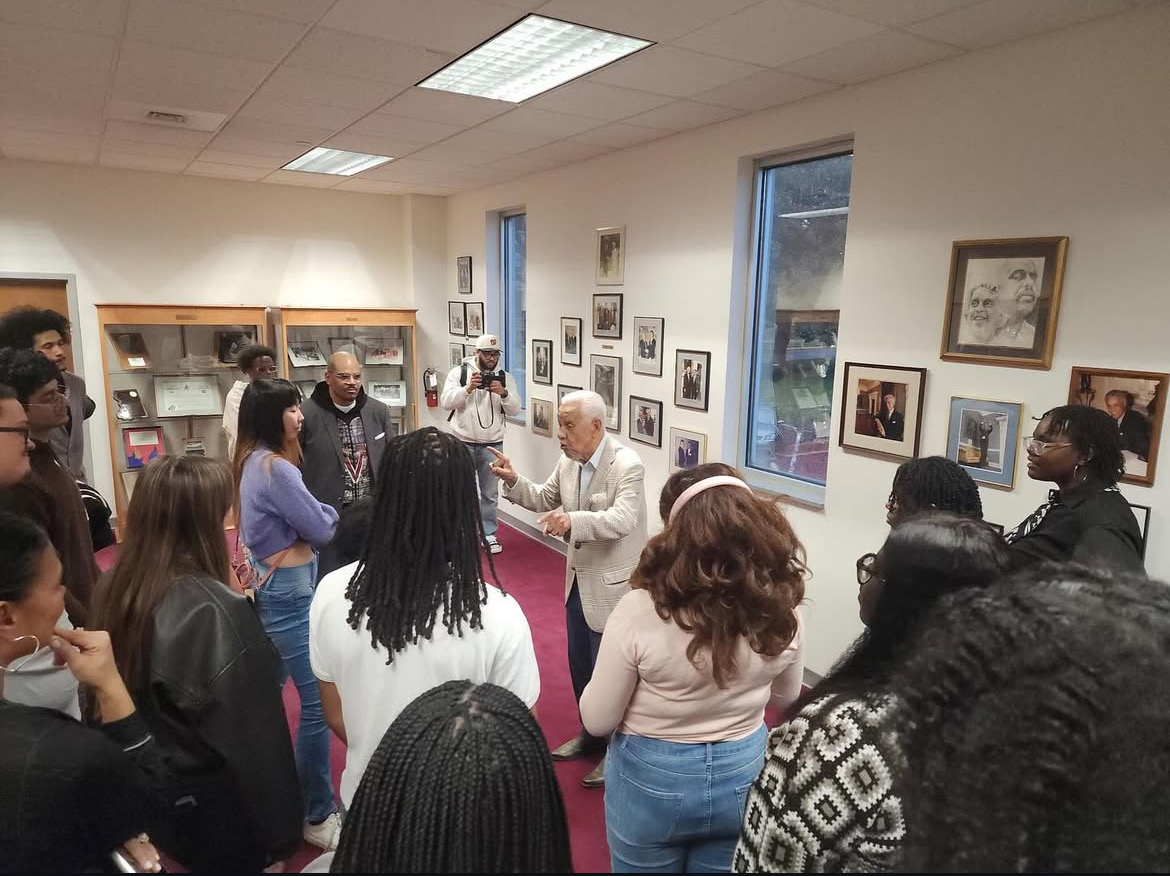“Is it all what you imagined it to be?”
Whether it is a close friend, a former teacher or my own father, I feel like I have been asked this question, or a variation of it, way too many times to count. While one might think that sheer frequency of encounters with this question would have allowed me to develop some sort of coherent response, I ironically still find myself stumbling over my words every time I answer. What used to simply be hesitance has now grown to a squirming reluctance to confront the implications of this question, for that inevitably I have to make a blunt confession—no, this is not exactly what I imagined it all to be.
Of course, much of this feeling can be attributed to typical first-year anxieties—social circles take time to construct and develop, and leaving one’s familiar to support system enter an entirely new environment is inherently isolating. Everybody says that everyone supposedly goes through this, but sometimes I still feel alone in this regard. No amount of well-intentioned platitudes seems to soothe my worries, and they likely will not until things actually get better. At the same time, I will admit that a certain extent of this situation seems to be self-inflicted. I am an ambivert who desires social connection but is too socially anxious to consistently initiate it; on top of that, I am overwhelmed with work, I do not sleep enough and I stopped eating breakfast in the morning. I am sure that a SHAC therapist would be able to point out all the ways in which these things contribute to a feeling of languishing that defines my current baseline.
Beyond that, however, I am painfully aware of a deeper reason as to why I feel this way, and admitting it would require a more complicated explanation. During the admissions process, I convinced myself that this was my perfect place of belonging, and where I would feel the most comfortable calling my home for the next four years. However, deep down I knew that I pursued it because it was the best place to escape to— a place where I could establish a real distance between the quagmire of conflict that is my family and myself. After all, what could be better than going to a college in a small town in a Midwestern state that your family has never been to?
During rough patches, the prospect of escaping to Carleton was a consistent beacon of hope that saved me. I told myself that once I got here, much of my constant emotional tension would resolve itself, and that this distance was somehow the missing pretext to me being able to finally feel content and at peace. This moment of liberation and relief, however, has not come. I came to the realization that the simple absence of hardship is not equivalent to the achievement of fulfillment. While I may not experience homesickness, I find myself yearning for the meaningful connections I had built with those that composed my old support system, which have inevitably faded as we have all started to move on with our lives. This all culminates in a pervasive sense of disappointment that I cannot quite seem to shake, where I am not satisfied enough to feel fulfilled, but also not horrible enough to feel resentful. This is not to mention that we have already made it through half of the term, and I will have to return home sooner than I would like.
I initially expected Family Weekend to be a draining experience, but it was, to my surprise, rather stress-free and enjoyable. However, as my family continued to lament the fact that I had to be so far away, and that they wished I was simply closer to home, it intensified a feeling of guilt—was my decision to come to Carleton one made in genuine love for the institution and rational self-care, or was it selfish, unreasonable and foolishly unforgiving of my family? At the end of the day, is this all worth it?
In spite of these moments of guilt, confusion or disappointment, one assertion remains clear in my mind— that no, this is not exactly what I imagined it all to be, but I am grateful to be here. After all, I have to remind myself that my professors have made the effort to know me personally, which is not the standard at many universities; that some individuals here are genuinely some of the kindest people I have met; and that the distance I had craved has been granted to me, and I get to go back to a dorm room every night feeling emotionally comfortable and safe. While things now may not be as perfect as I had envisioned, I recognize the potential bonds, experiences and opportunities that will come with being a part of this institution. I only hope to do everything I can to realize this potential.










